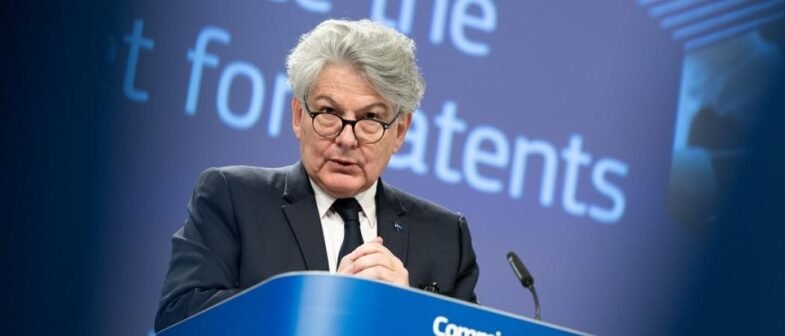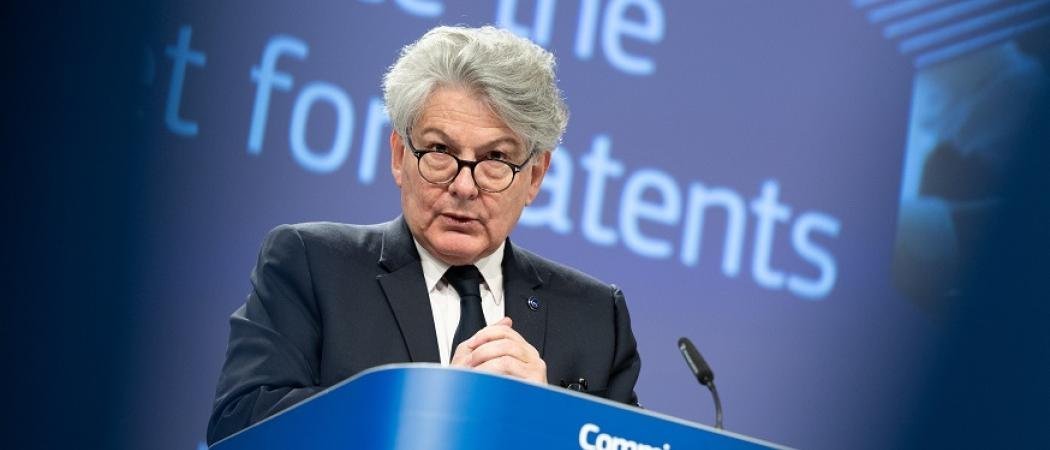New rules will lower cost of patenting from an average of €36,000 to €5,000 when combined with the unitary patent system that 17 EU countries will implement starting next month.

European organisations for industrial R&D have criticised the new patent rules that the European (EU) Commission unveiled last week and have called for additional consultations on proposals to harmonise portions of the current disparate member states’ patent laws.
The proposals address supplementary protection certificates, which pharmaceutical companies can use to extend the patent life of drugs, as well as patents relating to industry standards, such as the 5G mobile standards that many businesses require access to.
The new rules will lower the cost of patenting from an average of €36,000 to €5,000 when combined with the unitary patent system that 17 EU countries will implement starting next month.
According to IP Europe, a group of R&D-intensive companies whose inventions are patent-protected, the rule changes would make it more difficult for Europe to achieve its strategic goals for innovation, standards, small and medium-sized enterprises (SMEs), and the Unified Patent Court (UPC).
The Commission’s decision to announce a proposal that would “undermine intellectual property protection and Europe’s leadership in open standards development and its commitments under international law” on world intellectual property day is “ironic and deeply disappointing,” according to Collette Rawnsley, chair of IP Europe.
The management of patents necessary to the implementation of industry standards, according to critics, would be transferred to an agency with no prior knowledge of standards or patents as a result of the changes. This specific category of patents is awarded for innovations like 5G, Wi-Fi, and Bluetooth that are necessary for a product to comply with standards and laws.
These patents grant their owners a monopoly over a particular technology, but they also require them to grant licences on FRAND (fair, reasonable, and nondiscriminatory) terms. The Commission claims that the current system lacks sufficient transparency and is prone to protracted disputes and litigation.
The new proposal, according to EU policymakers, will fix these problems with new regulations. IP Europe, however, warned EU institutions in a letter that the Commission’s proposal would produce an unpredictable and unbalanced system that might stall licence negotiations and royalty payments.
In a statement released last week, the Fair Standards Alliance stated that while it agreed with the Commission’s position that the system for licencing standard essential patents needed to be more predictable, the proposal fell short of those goals.
Fairphone, a small Dutch electronics manufacturer, has struggled in the past to secure FRAND licences and has been threatened with legal action by patent intermediaries, according to Eva Goudens, CEO of Fairphone.
Fairphone stated that it was looking forward to working with policymakers to ensure that the final regulation produced a licencing environment that was more balanced, predictable, and transparent.
A final decision won’t be made until after extensive consultations with the European Parliament and member states because the Commission’s proposal hasn’t yet been put through the Brussels policy mill. Now that the text has been reviewed, EU Council diplomats and MEPs are able to suggest changes.
